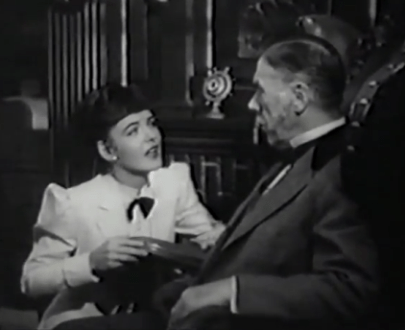I started posting on Instagram recently. Though I haven’t used the filters much, seeing them in the app reminded me of something: Babycenter.com claimed, back in late 2015, that Instagram filter names were influencing baby names. And the clickbaity claim was (of course) picked up by various media outlets: Time, People, Vanity Fair, US Weekly, TechCrunch, Mashable, etc.
But the BabyCenter.com folks weren’t basing their claims on any sort of real-life baby name usage data. They were apparently just making assumptions based on their own website metrics.
In any case…it’s now 2019, and we do have access to usage data for 2015 (not to mention 2016, and 2017). So let’s use this data to determine whether or not their claim is true.
I analyzed the data for 44 names in total: 43 from filters — most current, several retired — plus the name “Lux,” which technically refers to a photo enhancement tool, not a filter. Zeroing in on usage from 2010 (the year Instagram was launched) to 2017, I noticed that…
- 28 filter names did not see higher usage as baby names:
- 20 had no SSA data to work with (1977, Crema, Charmes, Clarendon, Dogpatch, Early Bird, Gingham, Ginza, Hefe, Inkwell, Lo-Fi, Mayfair, Nashville, Poprocket, Skyline, Slumber, Stinson, Sutro, Toaster, X-Pro II)
- 6 saw a decrease in usage (Aden, Brannan, Brooklyn, Kelvin, Reyes, Sierra)
- 2 saw little/no change in usage (Ludwig, Rise)
- 16 filter names did see higher usage as baby names:
So which, if any, of the 16 names above increased in usage because of Instagram?
Some of them, like trendy Hudson and Willow, were already on the rise by 2010. So it’s hard to know if these names were influenced at all by recent pop culture, let alone the app specifically. (Though that Juno-jump does seem significant.)
Others are associated with more than just a filter. Vesper was a Bond Girl, for instance, and Juno was a movie. So, even if Instagram was a factor, it was one of several. (BabyCenter.com’s original write-up from 2015 doesn’t even acknowledge this, e.g., “The Instagram-inspired name Lux…”)
In terms of filters actually influencing names, I think the strongest case can be made for Amaro. It wasn’t already on the rise in 2010, it did become more popular in the Instagram era, and the filter itself (as opposed to the Italian liqueur after which the filter was named) does seem to be the primary pop culture association these days.
On the other hand, Clarendon — despite being the first filter you see inside the app and, accordingly, the most-used filter overall — saw no corresponding uptick in usage on birth certificates, which is telling. (Though perhaps “Amaro” hits a stylistic sweet spot that “Clarendon” misses.)
My verdict? I’d say it’s possible that a handful of Instagram filters influenced real-life baby name usage…but I definitely wouldn’t declare that naming babies after filters was/is some sort of “hot trend,” as BabyCenter.com did.
What are your thoughts on all this? Have you ever met a baby named after an Instagram filter?
Sources: Hottest baby name trends of 2015, Photoshop Actions for Instagram’s “Lost” filters, Five New Filters – Instagram, Instagram adds new Lark, Reyes, and Juno filters, Instagram Introduces New Filter, The 10 Most Used Instagram Filters, Study: The most popular Instagram filters from around the world


